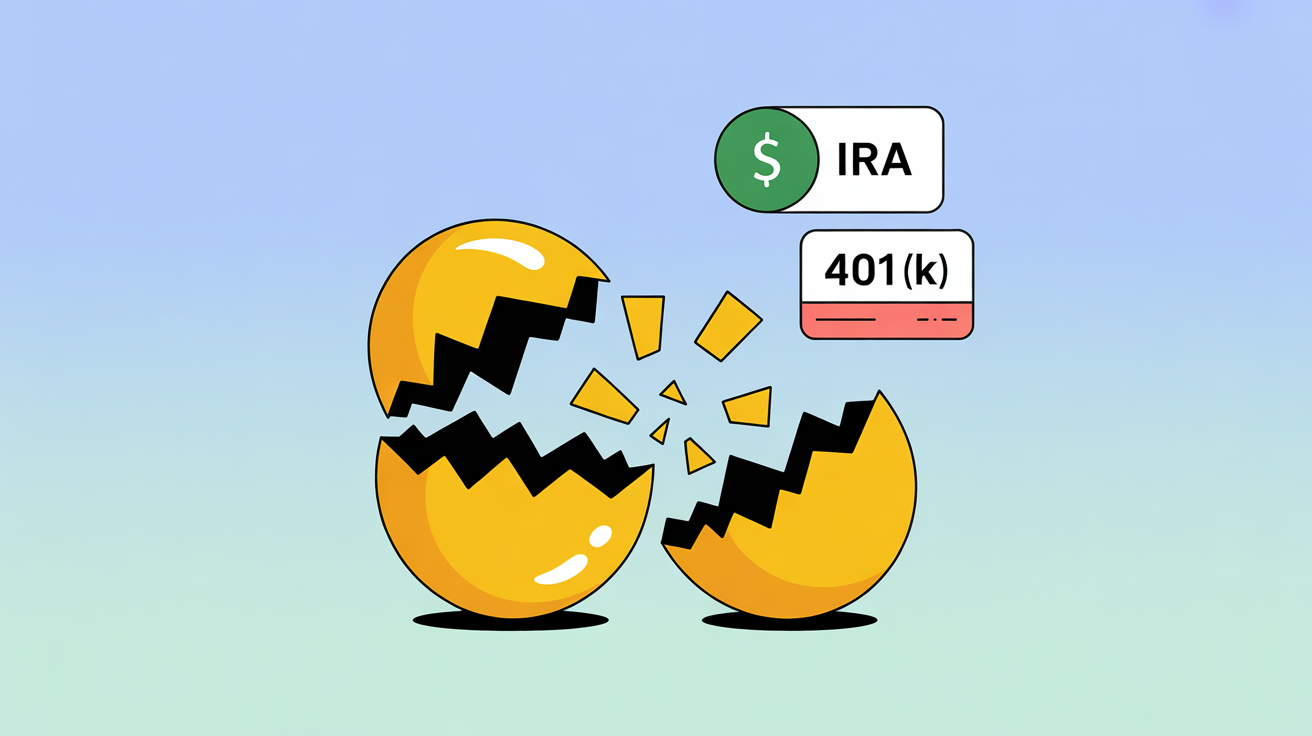What Are RMDs?
RMDs are the minimum amounts that the IRS requires you to withdraw each year from most types of tax-deferred retirement accounts once you reach a certain age. These accounts include:
-
Traditional IRAs
-
SEP IRAs and SIMPLE IRAs
-
Employer-sponsored plans like 401(k), 403(b), 457(b), profit‐sharing, etc.
These distributions are generally taxable as ordinary income (except for any part of the withdrawal that wasn’t taxed before, for example nondeductible contributions) and are intended to ensure that people do not defer taxes indefinitely on tax‐favored retirement accounts.
Notably, Roth IRAs behave differently: as the original account owner, you do not have to take RMDs from your Roth IRA during your lifetime. However, if you inherit a Roth IRA or a “Designated Roth” account (in some employer plans), RMD rules do apply to the beneficiary.















